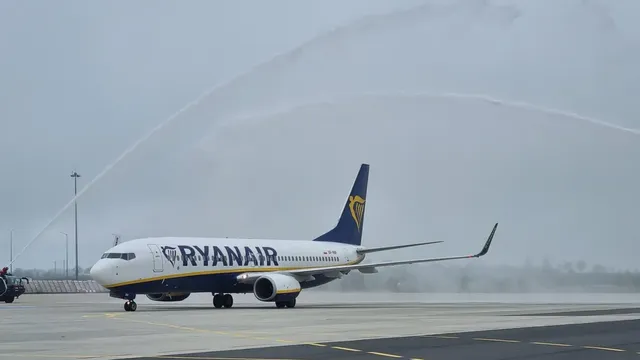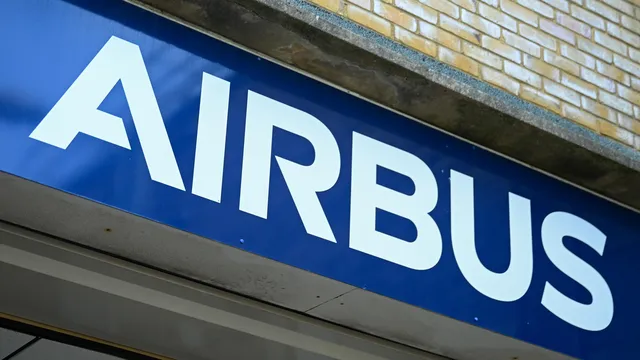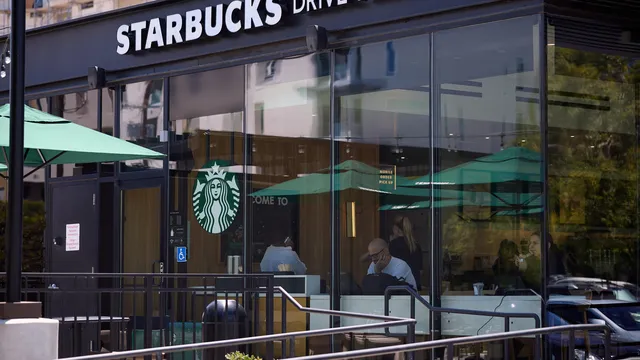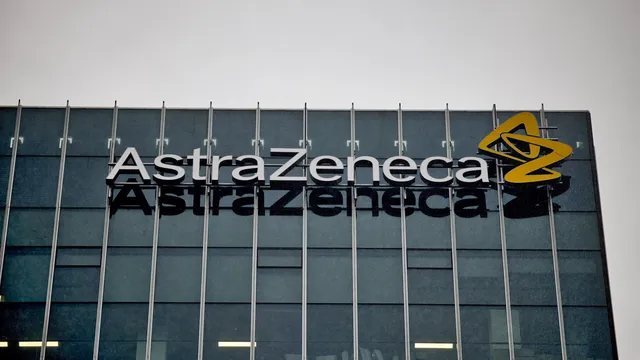Irish airline Ryanair has announced that it is introducing a €500 fine for “unruly passengers whose behavior results in them being removed from the aircraft.”
The low-cost carrier will continue “to take civil action against problem passengers, but will now impose a minimum fine of €500,” according to a statement quoted by AFP.
“Although these are isolated cases that all airlines face, disruptive behavior in such a confined and shared space is unacceptable,” said a spokesperson for Ryanair, Europe's largest airline by passenger numbers.
Ryanair boss Michael O'Leary, known for his bluntness, expressed concern in August last year about a “significant increase” in problems with passengers who had consumed drugs and alcohol on planes.
He said it was a problem affecting the whole of Europe, but was particularly serious on routes between the UK and destinations such as Ibiza, known for its nightclubs. These were “the worst,” he said.
Ryanair no longer allows passengers to board flights to Ibiza with bottles, including water bottles.
Some flights from British airports such as Liverpool, Manchester, Glasgow, and Edinburgh are particularly problematic.
But there are also problems with flights to and from Ireland and Germany.
The company recently filed a lawsuit in an Irish court against a passenger on a flight from Dublin to Lanzarote who was diverted to Porto in April 2024 due to his behavior. He was arrested when he got off the plane.
The crew and 160 passengers were forced to spend the night in the Portuguese city, with the costs being covered by the airline, which had to mobilize another plane and a new crew.
The airline is seeking over €15,000 from the passenger.
Ryanair, which already claims to restrict the sale of alcohol on board its aircraft, wants the authorities to limit passengers to two alcoholic drinks at airports by using their boarding passes.
The company, which serves 37 countries, mainly in Europe, carried just over 200 million passengers in the 2024-25 financial year and aims to reach 300 million passengers by 2034. | BGNES

 Breaking news
Breaking news
 Europe
Europe
 Bulgaria
Bulgaria







